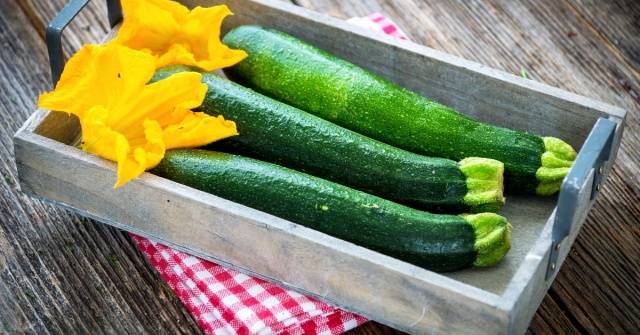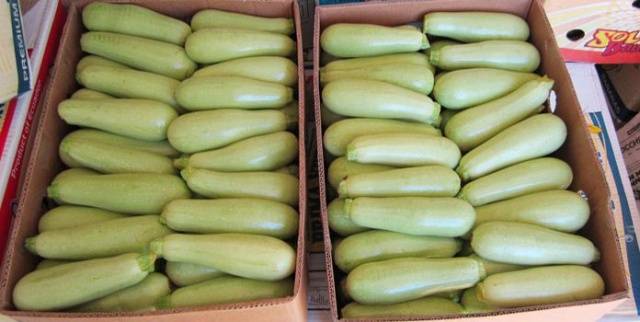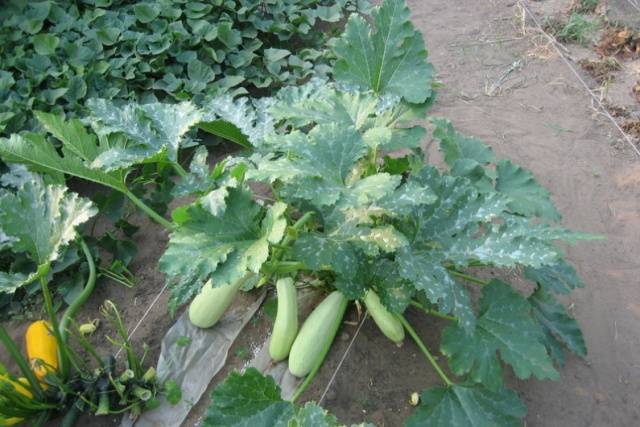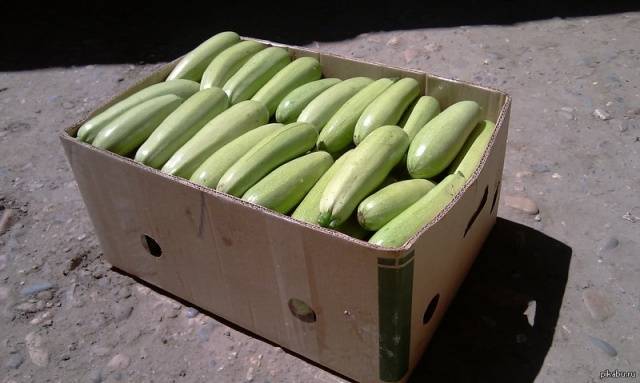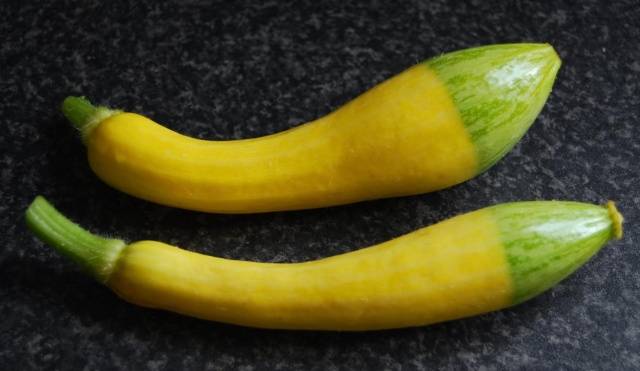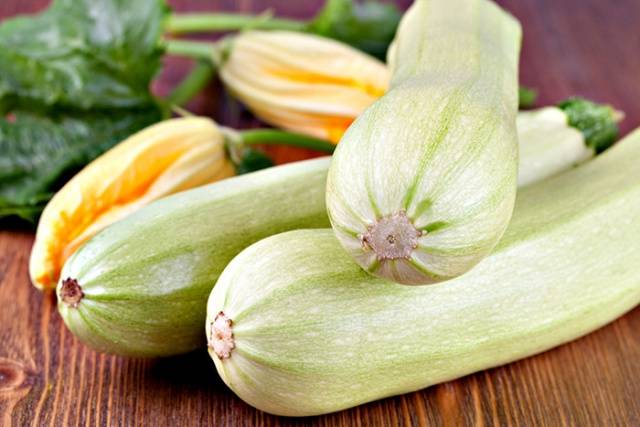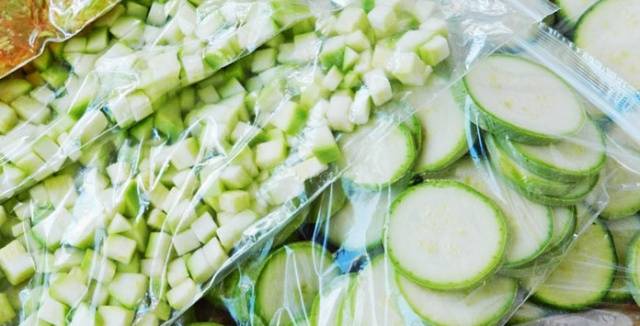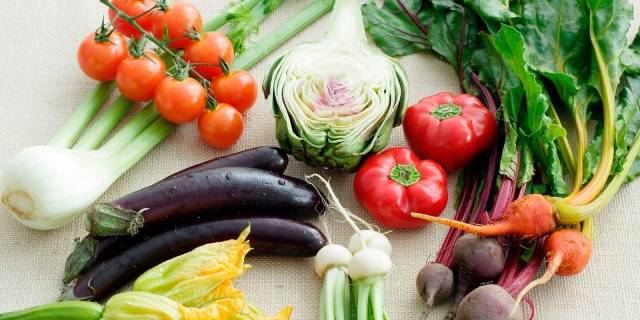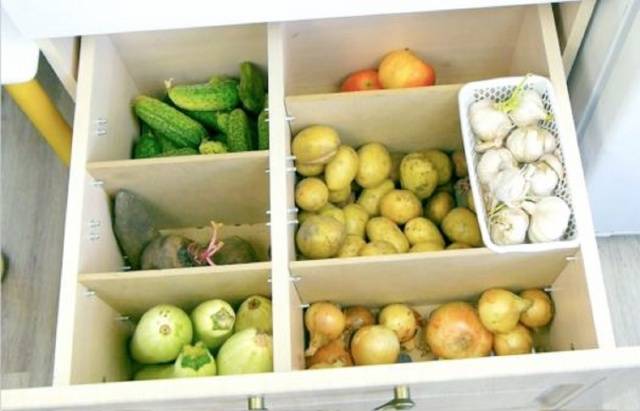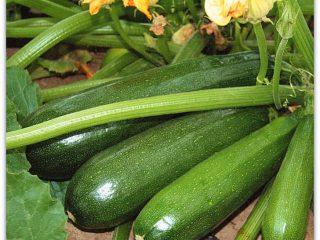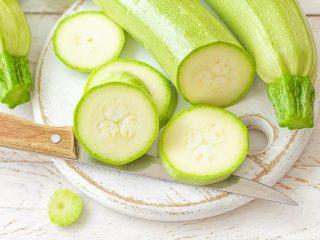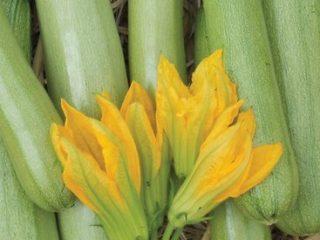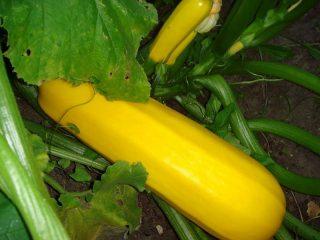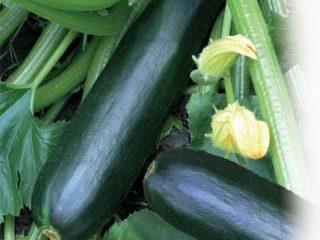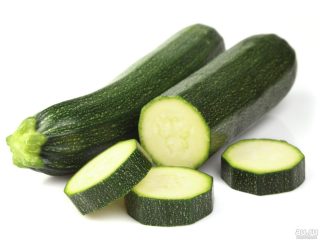Content
Zucchini is a popular and favorite vegetable from which you can prepare a lot of tasty and healthy dishes. In addition, it is characterized by high productivity. However, its ripening period occurs in mid-summer. If you know how store zucchini in the apartment, you can treat your loved ones with dishes made from fresh vegetables at any time.
Zucchini is distinguished by its unpretentiousness to the conditions of detention, but long-term storage Not all vegetables are suitable. You need to know about the requirements that apply to them.
Selection of seeds for planting
Not all varieties of zucchini have good keeping quality, so when planting you need to select the right seeds in advance:
- Zucchini varieties with thin skin cannot withstand long-term storage;
- Late types that develop a thick skin are best suited; different types of zucchini have good shelf life, they do not lose their taste even after long-term storage;
- Many gardeners believe that zucchini grown directly from seeds are better suited for storage than seedlings.
Vegetable collection
When harvesting zucchini, you should select fruits intended for storage. In this case, you can be guided by the following rules:
- More mature and larger vegetables with dense, smooth skin have better shelf life, however, you should not overexpose them in the garden, as they lose their taste. Preference should be given to medium-sized vegetables, approximately 20 to 40 centimeters long.
- Zucchini with darker skin lasts longer than light-skinned zucchini.
- By cutting one fruit from a bush, you can determine its keeping quality. If the zucchini has dense pulp and small seeds, the fruits from this bush will be well stored.
- The fruits should not have any, even the smallest, damage or dents.
- Zucchini should be collected in dry, sunny weather. Watering should be stopped several days before harvest. If the cleaning took place on rainy days, you need to spread the vegetables in a dry, ventilated area and dry them for two to three days.
- When removing a zucchini from a bush, you must not tear off the stalk, otherwise the vegetable will be easily susceptible to infection. Usually the fruit is cut off with a knife, leaving a tail several centimeters long.
It is recommended to keep the collected vegetables in the sun. As a result, their skin will dry well and harden, providing reliable protection for the fruit pulp.
Harvesting must be completed before the first frost, its shelf life depends on this - frozen vegetables will not remain.
Preparation for storage
Zucchini is not very demanding on storage conditions, which allows you to keep it fresh even in the absence of a cellar or basement.
But in order to preserve zucchini at home, certain conditions must be met:
- carefully clean them from the ground with a dry cloth - do not wash them;
- provide suitable temperature and humidity - room temperature and humidity are optimal for zucchini;
- the fruits begin to rot starting from the tail, so before storing it should be dipped in molten paraffin;
- place vegetables in boxes or cardboard boxes on sawdust or straw previously poured into them;
- the storage location should not be near heating appliances;
- The sun's rays activate the growth of seeds inside the zucchini and cause its germination, so darkness is one of the conditions for the preservation of vegetables.
If there are not very many vegetables, you can wrap each one separately in paper. For a large harvest, this method will be problematic. Then it is better to lay the zucchini in rows and place cardboard between them.
To prevent fungal diseases, it is good to sprinkle the zucchini with chalk powder.
Apartment storage rules
It is important to choose the right place to store zucchini:
- The box of zucchini for the winter should be placed in a dark and dry place in the apartment - in the pantry or under the bed;
- you can put it near the door leading to the balcony or place it in a closet;
- if the balcony is heated, you can put the box there;
- Another option is to store the zucchini under the sofa or bed in a single layer, laid on straw or pine sawdust.
Periodically, you need to inspect vegetables stored for storage and promptly select specimens with traces of rotting. You should pay attention to the tail from the stalk - if it darkens, this means that the fruit is starting to deteriorate. If optimal storage conditions for zucchini are selected, and vegetables are selected correctly, then they can be stored for quite a long time.Depending on the variety, shelf life may extend even until the next season.
However, by spring, the peel of most vegetables begins to become thicker, the seeds sprout, and the fruit becomes bitter. Such fruits should not be eaten; it is better to replace them with frozen foods. You should not place a box of apples next to zucchini. Ethylene, which fruits release during storage, will harm vegetables.
Methods for storing zucchini in the refrigerator
Zucchini will withstand storage in the refrigerator for two to three months. In this case, they need to be wiped, packed in paper bags with holes for ventilation and placed in the refrigerator on the vegetable shelf.
Another way is to freeze the fruit. Various options are possible here. You can cut the vegetables or leave them whole, peel them or store them unpeeled. They will be stored in plastic bags in any case. You just need to remember that you can defrost them only once - before use. Therefore, before storing it, it is better to divide them into portions.
If zucchini is frozen for later frying, you must follow these steps:
- cut young zucchini into rings about one centimeter thick;
- arrange the rings on a board and place in the freezer to freeze;
- After freezing, place the chopped vegetables in a plastic bag and put them back in the freezer.
In winter you can use them for roasting.
Any vegetables are suitable for freezing - young or overripe, damaged or frozen. Thanks to freezing, they will be preserved in any form. When freezing, you can add other vegetables and herbs to the zucchini.If you divide them into portions and put them in the freezer in plastic bags, in winter you can take out ready-made vegetable mixtures for stews.
The best way to store zucchini, of course, is the cellar, since it has the most optimal temperature and humidity conditions. If you ventilate it frequently, vegetables can be preserved perfectly. In the basement of the zucchini you can:
- hang in a net, placing each vegetable separately;
- place them in a row on the shelf, trying not to touch them;
- lay in one layer in a box, placing cardboard between the rows.
Young zucchini is, of course, the most delicious. How to properly keep them fresh for a long time? They are more susceptible to disease and will not be stored for long. The longest they will last in the refrigerator is three weeks in the vegetable drawer. But they cannot be washed before storage. You can simply wipe it with a dry cloth and put it in a paper bag.
Following these simple rules will allow you to enjoy the delicate taste of your favorite vegetables even in winter.
